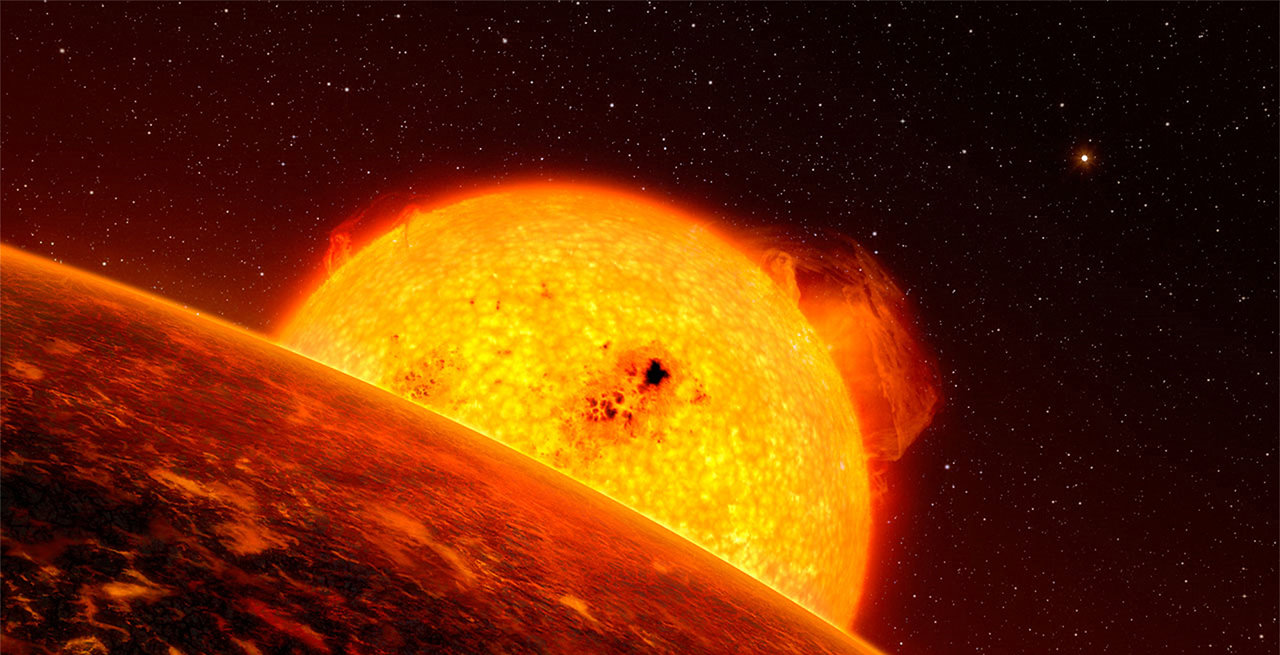Presented on ZOOM Public Lecture July 8th at 7pm
ABOUT THE LECTURE:
“Where are the Sun’s Sister Stars?”
Stars are formed in the gravitational collapse of large clouds of gas and dust, a process which squeezes and heats the material until nuclear fusion is triggered in the densest knots and a star is born. Usually, this results not in a single solitary star, but dozens, hundreds or a few thousand all emerging from the birth cloud as a new star-cluster. We see these clusters all around the Milky Way and they gradually break up, with stars escaping in ones, twos (as binary star systems) and other small groups, to then circulate around the galaxy indepedantly. Can we locate where the Sun came from? Can we find any of its Sister-stars that originated in the same cluster and birth nebula? What would we look for? And where would we look?
ABOUT THE SPEAKER:
Dr. Paul Fellows MA FIET FRAS Cambridge Astronomical Association
Paul’s talks are aimed to appeal to people of all levels from the complete beginner who wants to know where to start, yet hopefully adding something even for the more knowledgeable.
Having built his first telescope aged 14 and experiencing the “wow” of seeing the rings of Saturn for the first time Paul has been stargazing for some 45 years and has his own private observatory where he images the sky. He is chairman of the Cambridge Astronomical Association and presents the public live observing evenings at the University of Cambridge to audiences of 200+ each week. He is also a frequent speaker at astronomy clubs and other interested groups across the UK and beyond. He is also a regular speaker on board Queen Mary 2 for Cunard Line.
He holds a Master’s degree in Natural Sciences from the University of Cambridge and a post-graduate degree in Computer Science, also from Cambridge. He is a Fellow of the Royal Astronomical Society and of the Institute of Engineering and Technology. Twice a winner of the Queen’s award for Technology he was recently presented a lifetime innovation award by Emmanuel College Cambridge.

